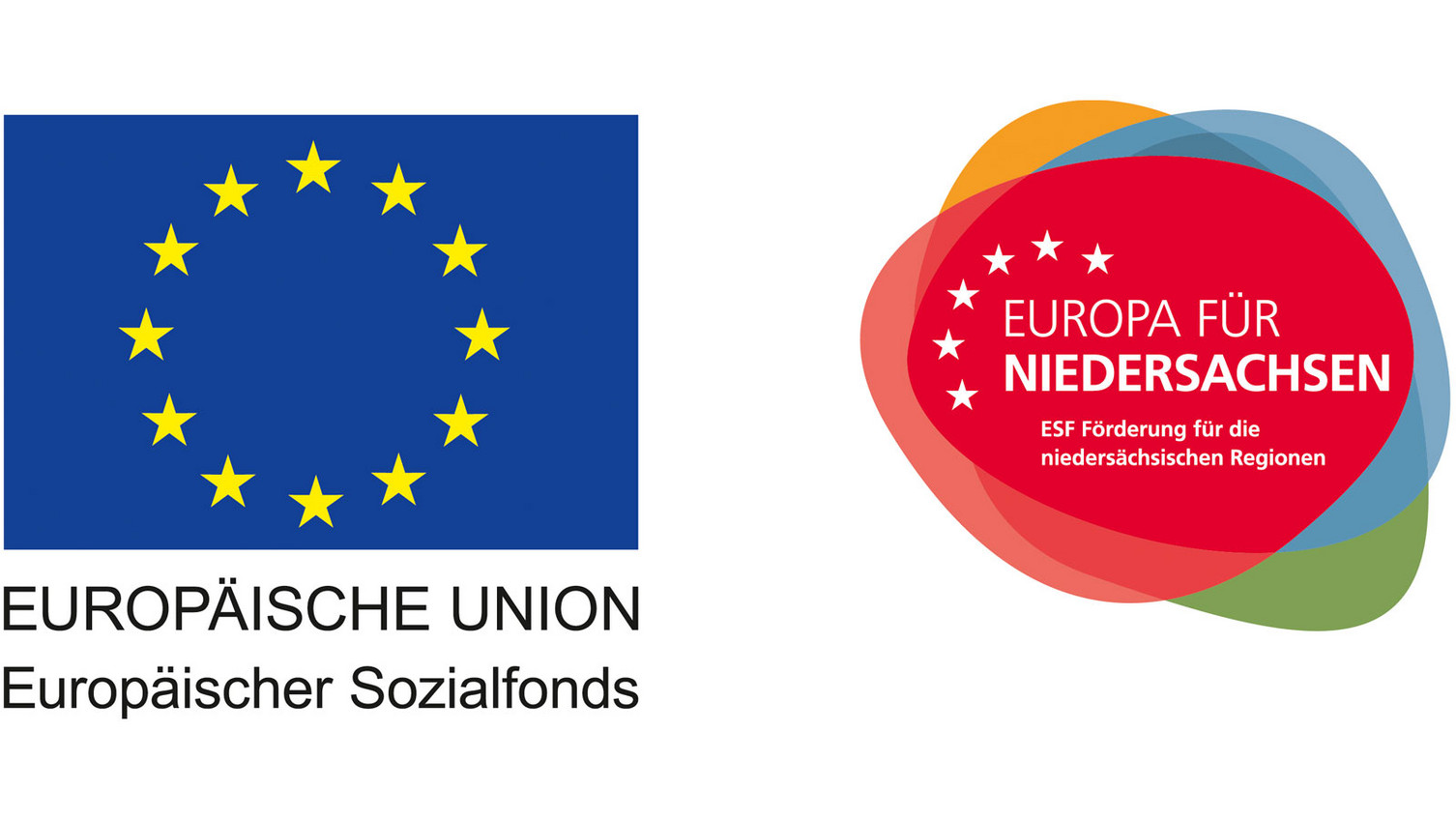SERV-IT project helps to better understand and optimize learning processes
2022-08-24 Working and learning at the same time - those who take the hurdle of part-time study benefit from numerous advantages. However, it is important not to underestimate part-time study. Therefore, self-direction, self-motivation and reflection are required for independent learning, especially since the work-life balance is more challenging at some points in part-time studies and learning successes can be more difficult to identify. This is where the "Serv-IT" project comes in with a digital offer.
In common learning settings at universities, the exchange between students and teachers is clearly structured. Feedback on submitted examination results can be received and reflected on directly. This exchange makes it possible for students to directly assess their learning success to date and, in the best case, to reflect on it together with the lecturers. At the latest due to the COVID 19 pandemic, many courses were only held in the digital space, direct exchange was prevented or at least made more difficult and learning successes were thus more difficult to track.
A circumstance that part-time degree programmes were already familiar with. In order to support part-time students in balancing work, family and studies, the digitally supported organisation of study programmes had already been a fixed offer of the Leuphana Professional School for some time. With the help of the "Moodle" learning platform, communication between students and teachers is not only simplified in the digital space. The provision of learning material, self-tests, evaluations or obtaining prior experience also takes up an important part of digitally supported study programme organisation on Moodle.
Through the use of this digital structure, numerous data traces of the users are generated. This generated information offers potential for improving teaching and organisation, but also for self-reflection. Which learning elements are particularly well received by the students? Which, on the other hand, are only helpful to a limited extent? With the help of implemented plug-ins, so-called learning analytics, it is possible to answer these and other questions. Learning analytics elements visualise not only usage behaviour but also personal learning progress and thus provide students with personalised and data-based feedback to help them better understand and optimise their learning process. The anonymised data on usage behaviour is also helpful for teachers and programme managers, because the insights gained can be incorporated into the planning of courses on a daily basis. Students thus benefit both directly and indirectly from the use of learning analytics, as the "Serv-IT" project has shown.
The Ministry of Science and Culture (MWK) supported the project "Serv-IT" of the Leuphana Professional School for almost two years with money from the European Social Fund of up to € 250,000.


